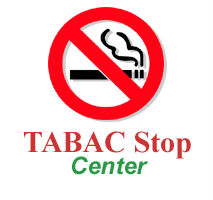The Heart
Nicotine speeds up the heart rate by 10 to 20 beats per minute (more than 20,000 extra beats in a day), and it takes several days without smoking for the heart to return to its normal rate.
The oxygen in the bloodstream is replaced by carbon monoxide, thereby increasing the risk that blood clots will form. Nicotine also causes lesions that contribute to hardening and narrowing of the arteries. This is known as arteriosclerosis. “The arteries fur up like radiator pipes and become clogged up.”*
So while we smoke, the heart beats more. At the same time, the arteries narrow, the blood supply to the heart is reduced and the oxygen supply decreases. This means more effort and less air. Until the day when the heart is finally stifled. And that means a heart attack, which can be fatal if the artery that supplies the heart (the coronary artery) is blocked too much.
Daily hospital practice shows that it is not uncommon in a patient under 40 suffering from myocardial infarction for there to be just one single risk factor responsible for the heart disease, namely smoking”.** And finally emphysema appears: The walls of the pulmonary alveoli harden and burst one by one. And these pulmonary alveoli never grow again. The result is slow asphyxia, ending in death if the subject even catches flu or another minor infection.
*Dr Delbecque, secretary of the regional cardiology foundation in Dunkerque, during a debate in Lille, reported in La Voix du Nord on 5 November 1976.
**Professor Jean Philippe Metzger, cardiologist at the Hôpital Necker in Paris
